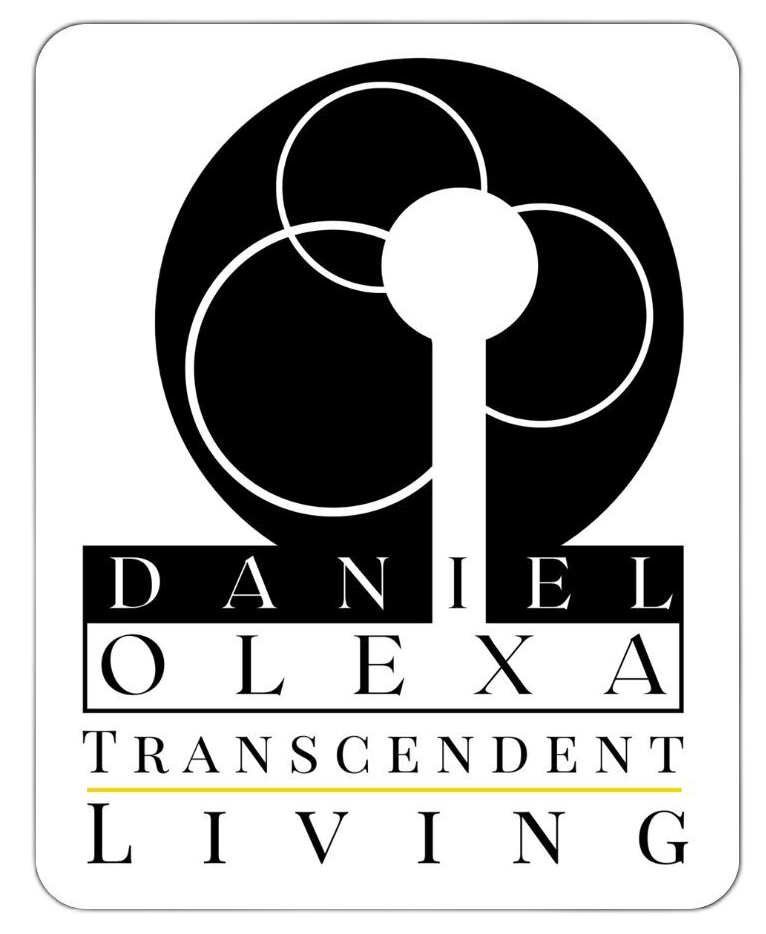Hypnosis v. Life Coaching: Three Questions to Help You Decide Which is Right for You
As a practitioner of both hypnotherapy and life coaching, I often get asked, “What’s the difference?” or “How do you know which one is right for the client?”
Is it OK with you if I start with the first question? (Note: That’s a closed-ended, leading question – I’m assuming you will say yes. If you answered no, skip forward to the answer to question #2, and then come back here.)
Let’s begin with setting the definitions for Hypnotherapy and Life Coaching.
Hypnotherapy is the use of hypnosis to help a client to achieve their intended results. By using the natural, yet altered, state of mind that is hypnosis, my interaction with the client is taking place outside of their normal, conscious awareness. They are fully aware and fully in control, but since the noise of their conscious mind is quieter, they are able to access deeper realizations than possible through other means.
In many cases, the client may re-visit past events and heal or reframe those situations/memories so that they can release limiting beliefs and therefore empower themselves to move forward in life with a positive belief system.
Life Coaching, as defined by the International Coaching Federation (ICF) is the process of “partnering with clients in a thought-provoking and creative process that inspires them to maximize their personal and professional potential.”
Coaching, in the ICF model, is:
focused on the client’s present state
facilitated as a question-based model
a method for empowering the client
Coaching is NOT:
Playing therapist
Giving advice
Counseling or Mentoring
How does Hypnosis differ from Life Coaching?
Hypnotherapy differs from coaching, for me at least, in that I follow the ICF model of coaching, which is strictly focused on the now and the future.
As an ICF-credentialed coach, I am trained in, have been tested on, and agree to follow the ICF Code of Ethics and Core Competencies for client interaction. I'm NOT pretending to be a coach, as some non-credentialed, so-called "coaches" may be.
Coaching does not dig in the past – coaches are NOT therapists (although, some therapists may be coaches, and use this model to work with clients).
As a hypnotherapist, I pretty regularly deal with issues from the past and healing or reframing them.
As a coach, I do not use the tool of hypnosis when working with a client. Our discussions take place completely in normal, waking awareness of consciousness (Beta brainwave).
As a hypnotherapist, I may use the coaching model to help uncover feelings and beliefs as part of the hypnotherapy session.
In hypnotherapy, we’re working to quiet the conscious mind, bypass the critical factor and develop direct access and communication with the client’s subconscious mind. This is where their beliefs are held – if we are working to overcome a limiting belief, we can go straight to the source rather than letting it percolate down through the conscious mind, which can literally take years.
How do I know if I should choose Hypnotherapy or Coaching?
Both will potentially deliver great results for you, but of course you want to choose the process that will deliver those results in the most effective and time-efficient manner.
Here are three basic questions that you can ask yourself:
1) What do I believe about hypnosis?
That may seem like a strange question for me to propose, but it’s the basic reason for me adding Life Coaching to my practice.
A few years ago, when I met people during my networking activities, I noticed that presenting myself as a hypnotherapist produced one of only two responses: 1) The person thought it was the greatest thing they ever heard, or 2) they were fearful that I was going to make them dance like a chicken when I shook their hand.
While that is not what I do, it is an understandable misconception and fear based on the misleading presentation of hypnosis from film, TV and stage entertainment. I’ve written about this topic before.
If you are not comfortable with the idea of hypnosis, then it probably is not the best method for you to pursue at this time. You may change your opinion later and explore this option, but for now, it sounds like coaching would better suit your mindset.
2) Do I feel like there is a strong force from my past that is preventing me from being happy now and to be successful in the future?
We all learn limiting beliefs as we grow up. Somewhere along the line, a part of us decided that something was true and impressed that belief into our subconscious.
At the time, maybe between 4 – 7 years old for example, it was an appropriate response to an event. But now that we’re adults that old idea is no longer serving our growth into our ideal life.
Hypnotherapy is a great tool in this situation to reframe or remove these limiting beliefs and create a new, powerful mindset of success, worthiness, and deserving for the client.
If a client feels undeserving of their success, then the process of coaching may take longer to produce the intended results. In this case, hypnotherapy can create a profound shift in mindset toward worthiness that can then be carried forward in creating a plan and taking action in coaching.
3) How quickly do I want results?
While the time-frame to achieve results will differ from person to person, and on the scope of the goal, hypnotherapy has been shown to produce a 93% success rate in as little as 6 sessions (that’s approximately 9 – 12 hours of work).
Coaching, interestingly enough, is similar in time. Studies have shown that clients who engage in coaching begin to embody the practices and ideas of their work after approximately 14-16 hours.
The real question now is: Are you ready to make a change and positively impact your life?
If you are, I am here to assist you. Contact me here to set up a time to talk.

